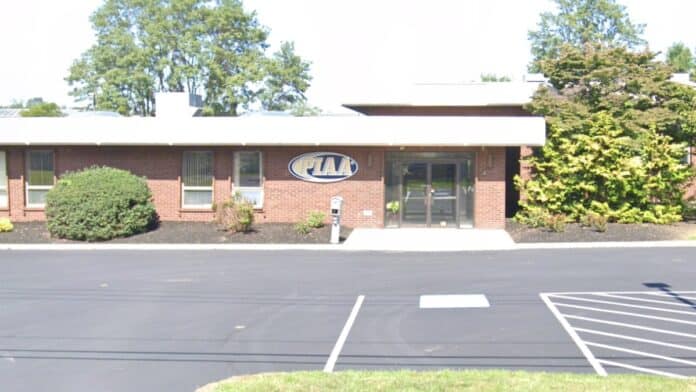The Pennsylvania Interscholastic Athletic Association (PIAA) has introduced a new rule reshaping how celebrations are handled in high school basketball.
Effective immediately, any player who simulates using a weapon—such as a “finger gun” or similar gestures—will face penalties, including a potential technical foul or even ejection from the game.
One local coach believes the change was much needed to ensure the safety and sportsmanship of the sport.
Danny Holzer, the head coach of the Upper St. Clair boys’ basketball team and the longest-tenured coach in the region, spoke out about the rule change.
With over 500 career victories and four WPIAL Championships under his belt, Holzer is no stranger to the ins and outs of high school basketball.
While celebrations are a natural part of the game, he agrees that some recent displays have crossed a line.
The PIAA’s new regulation is inspired by the NFL’s similar policy, which penalizes players for simulating the use of a weapon during a game.
This move is designed to curtail any behavior that could be seen as promoting violence, even in a celebratory context.
Coaches were first briefed on the rule change before games last weekend, and it has since sparked conversations among teams, coaches, and fans.
Holzer, also known for his focus on teaching his players the value of discipline and respect for the game, explained the potential consequences of this new rule.
If a player makes a celebratory gesture that mimics shooting a firearm or using a bow and arrow—such as a “finger gun,” for example—they can be assessed a personal foul.
And if the behavior persists, the player could face ejection from the game.
This rule is meant to curb actions that may influence younger players and teams to adopt similar behaviors, which could have serious repercussions as they grow into their basketball careers.
The rule isn’t limited to just the players on the court, either. Holzer stressed that any player sitting on the bench who is caught mimicking a weapon will also face consequences.
In these instances, the technical foul will be charged to the head coach, who will then be required to remain seated for the remainder of the game.
Holzer also discussed how the shift in behavior is affecting the younger generation.
As more and more professional players celebrate with exaggerated, theatrical gestures, such as the “three-finger” gesture often seen after making a three-point shot, high school athletes may start to interpret these moves as acceptable.
Holzer admitted that this trend raises a question of whether these actions are being perceived as harmless celebrations or as something more akin to weapon symbolism.
With the introduction of this new rule, the PIAA hopes to create a safer, more respectful atmosphere in high school basketball.
By cracking down on weapon-simulating celebrations, the association is making a clear statement about what is and isn’t acceptable in the sport.
As the new policy unfolds, it will be interesting to see how coaches, players, and fans adapt to this cultural shift and how it will impact the game moving forward.





